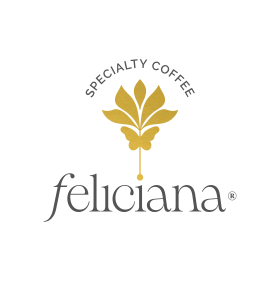The critical elements to uniformly brewing great coffee are: 1) grind size 2) dose amount 3) water temperature 4) controlling extraction.
1. Grind size:
When you break down the coffee bean, you expose more of its surface area, determining how much flavor you get from it when you brew it. The key is that the grind size is even; having coffee grounds in a vast range of sizes makes achieving evenness difficult. The size varies depending on the technique, brewer, or espresso machine. For example, the grind size is more significant for french press and filter coffee than for espresso or aero press.
2. Dose amount:
For an americano, the suggested dose is 8 grams per 100 ml of water, while for espresso is 19-22 grams (the machine controls the dripping/water amount). If someone has excellent coffee, clean water, and even ground size but has terrible results, he is not using the correct coffee or water. Remember that water acts as a solvent, the flavor is extracted from the grind, and then the water dissolves that flavor.
3. Water temperature:
The hotter your water is, the more coffee/flavor it is going to extract, and in some cases, this isn't desirable. Lighter roasts are less soluble than darker roasts, which contain more bitter-tasting compounds. You'll have an intense and bitter cup if you brew dark roasts with boiling water. For Feliciano (medium roast), 92°C (198°F) is the temperature suggested.
Water temperature for different roasts:
- Light roasts: 92-100°C (198-212° F)
- Medium roast 85-95°C (185-203° F)
- Dark roasts 80-85° C (176-185° F)
Remember, water boils at 100°C (212°F)
4. Controlling extraction:
Typically, ground coffee of nearly 70 percent is insoluble. What can be dissolved into water are the compounds that makeup coffee's flavor in the cup. Depending on the brewing technique, it is worth bearing in mind how the procedure influences the evenness of your brew. Even more, medicines tend to taste sweeter, with less sourness, astringency, and bitterness.
When using espresso machines, the water pressure should be considered an essential factor, and it should maintain consistency (9 bars is ideal). Too little pressure leads to grassy, underdeveloped tastes, and too much pressure results in bitter tastes.
Finally, remember the importance of cleaning all your devices, mainly when using milk; using milk frosts, raw milk that is not extracted could lead to a bitter taste.
Coffee is an experience; drink and enjoy; The intention is not to have it pass a technical exam. If it brings you delight and joy, it is the best coffee you can make! There is always a good reason to enjoy and share a good cup of coffee!!

